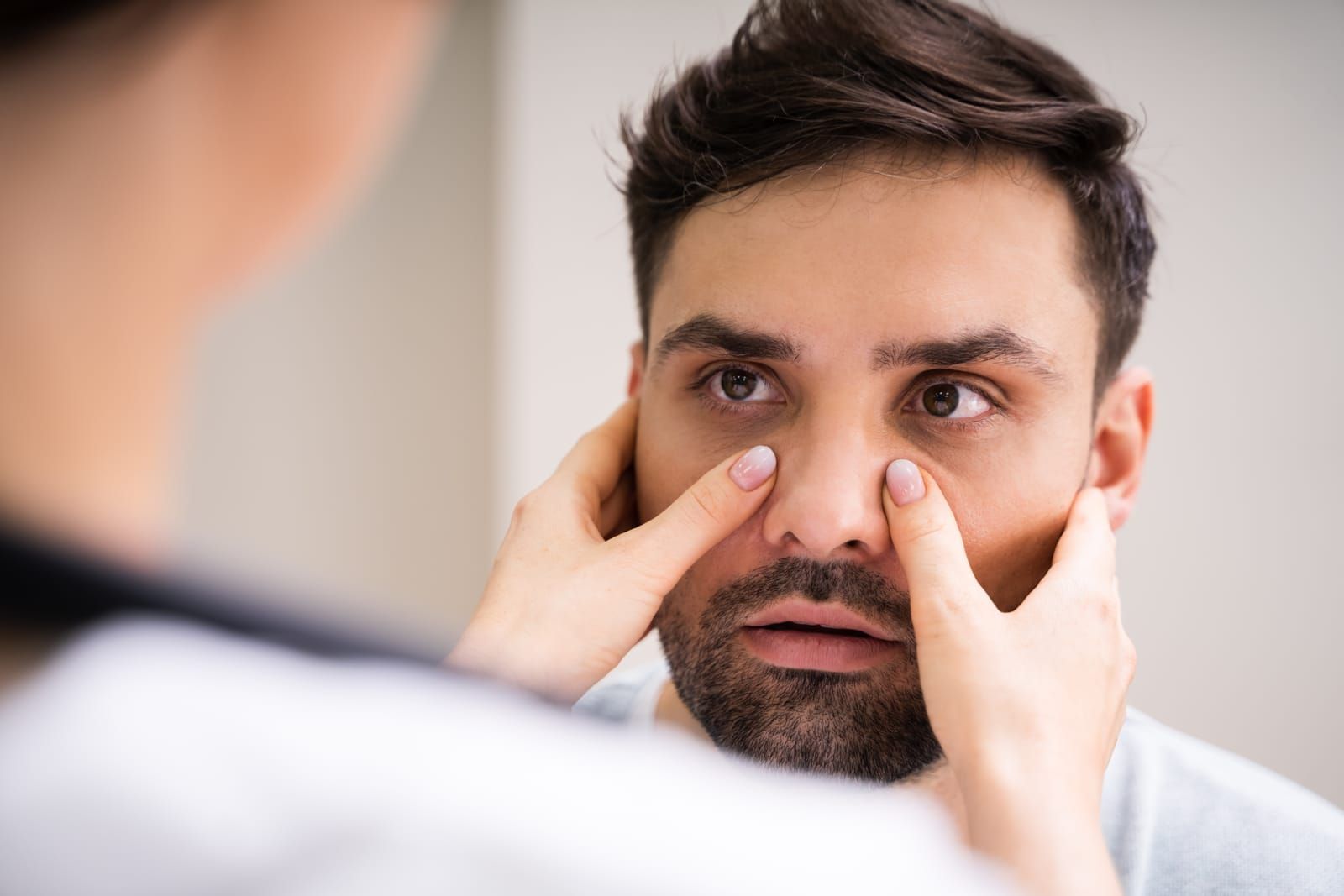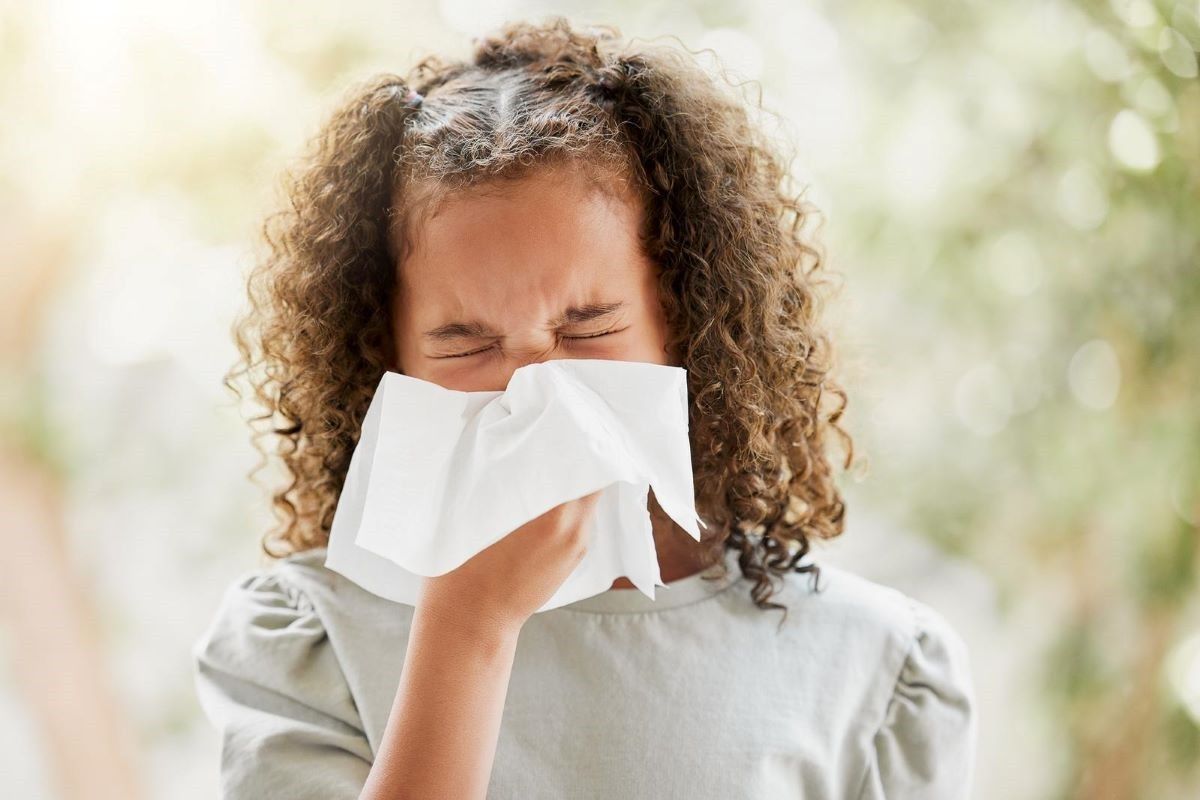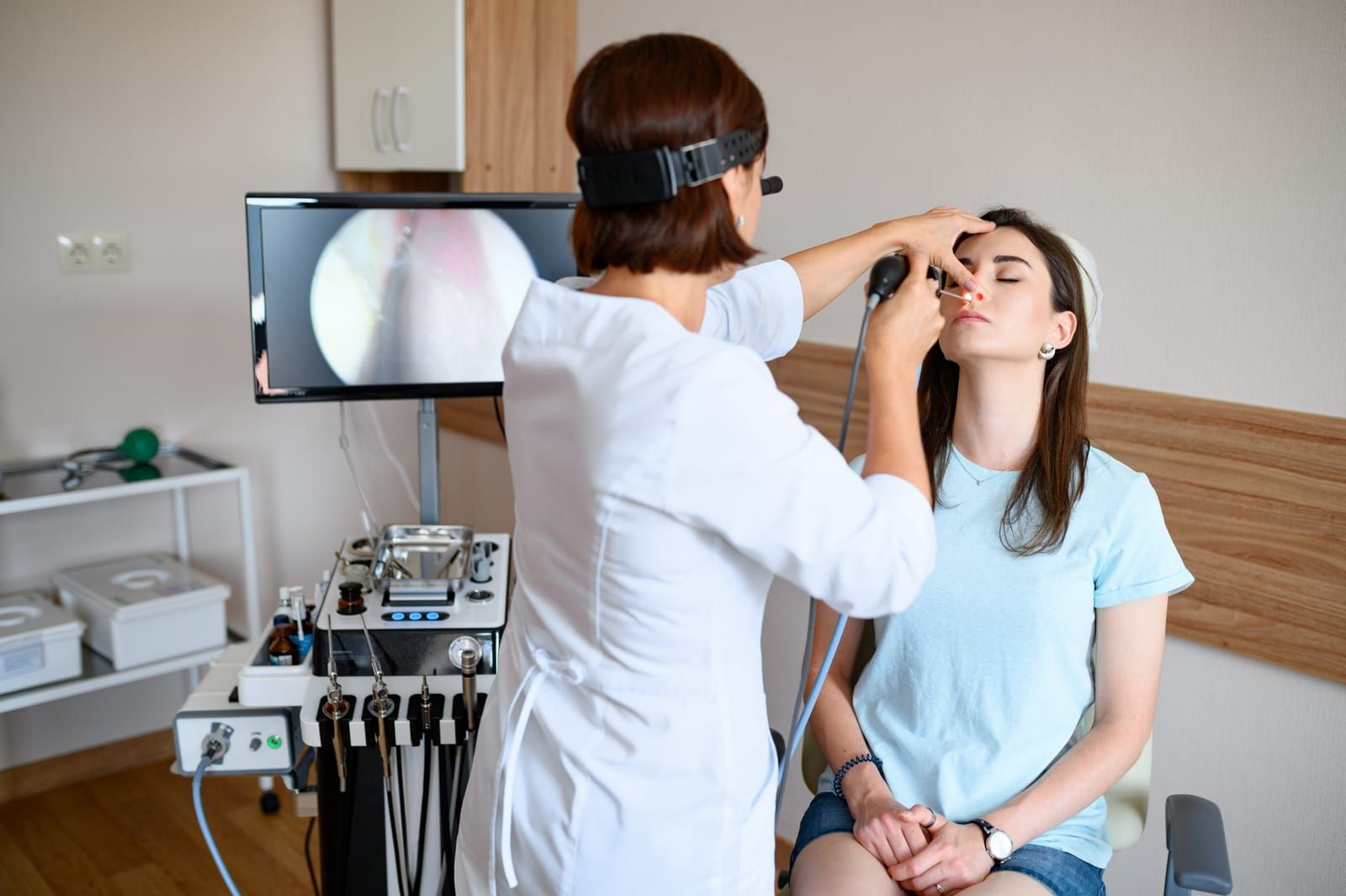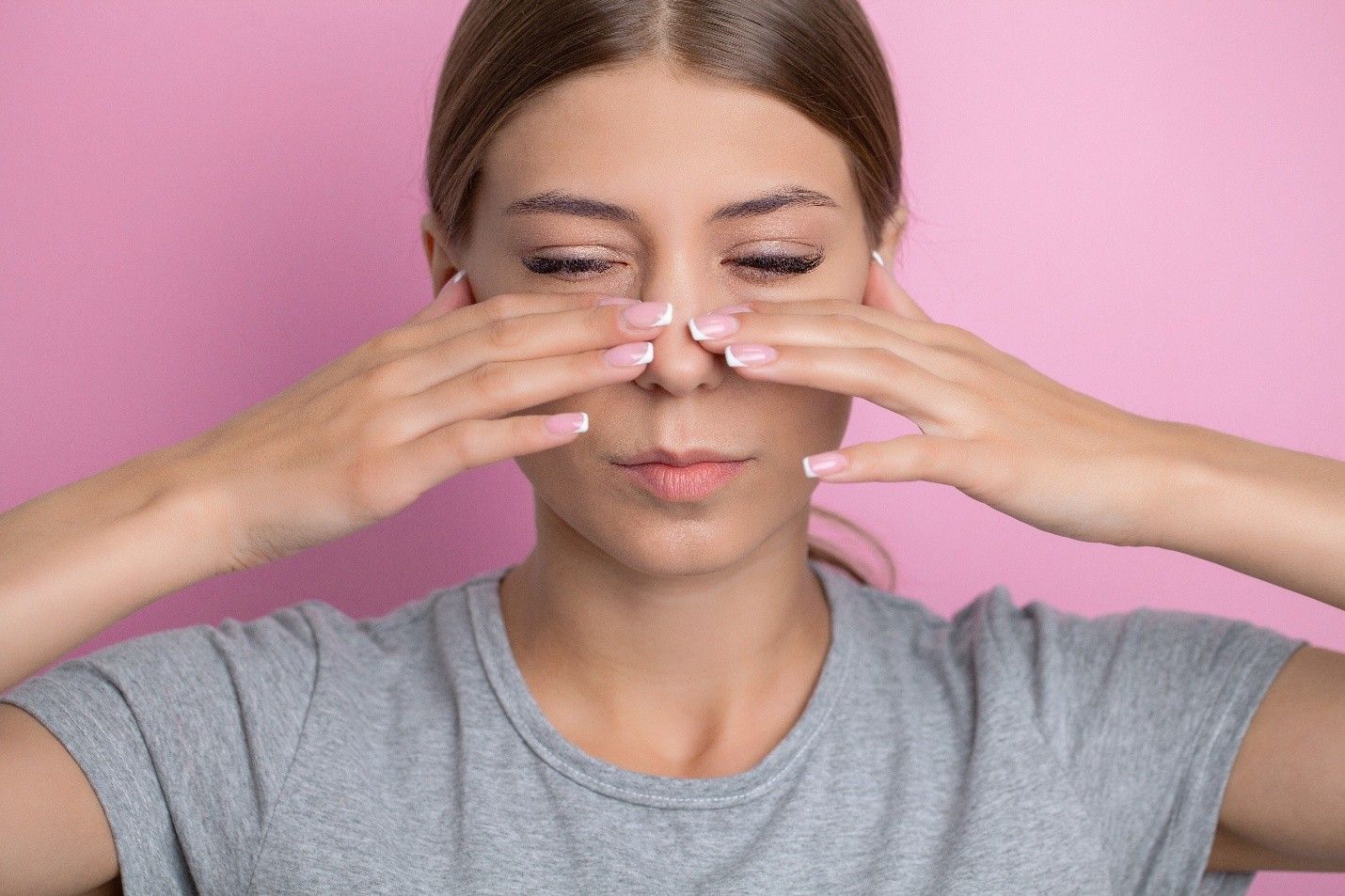How to Treat Ragweed Allergies: Expert ENT 2025 Guide
If you're battling sneezing, itchy eyes, and congestion from late summer through fall, ragweed pollen is likely the culprit. Affecting nearly 23 million Americans, ragweed allergies can ruin your seasonal enjoyment. But effective solutions exist! This guide covers everything from symptom management to long-term treatments.
What Are Ragweed Allergies?
Ragweed releases billions of pollen grains from August through November, with Jacksonville, Florida, experiencing peak levels from mid-September to October. According to the National Allergy Bureau, Jacksonville's ragweed pollen counts often exceed 20 grains/m³ in September, which is higher than the national average. Just one plant can produce billions of pollen grains, which travel easily through the air. The warm coastal climate in Jacksonville can extend the season longer than in northern states, prolonging symptoms for sensitive individuals.
Why Are Ragweed Allergies Getting Worse?
Several factors are making ragweed allergies more severe for many people:
- A Changing Climate – Rising temperatures, longer growing seasons, and increased carbon dioxide levels are causing ragweed plants to produce more pollen. This means people are exposed to higher amounts of allergens, leading to more intense symptoms.
- Increased Pollen Production – Studies show that ragweed plants now generate significantly more pollen than decades ago.
- Urbanization – Ragweed thrives in disturbed soil, so construction and roadside areas create perfect growing conditions.
- Cross-Reactivity – Some people with ragweed allergies also react to certain foods like bananas or melons due to similar proteins, worsening symptoms.
How to Treat Ragweed Allergies
Luckily, there are a variety of ways to treat ragweed allergies, ranging from over-the-counter remedies to prescription treatments. Here’s what you can do to manage your symptoms effectively:
1. Antihistamines
Antihistamines are one of the most commonly used treatments for ragweed allergies. These medications block the action of histamine, the substance in your body that triggers allergy symptoms. Antihistamines are available in both oral and nasal spray forms. They are best taken before you start experiencing symptoms, as they can help prevent allergic reactions from taking full effect.
2. Nasal Corticosteroids
If you’re struggling with a stuffy nose or postnasal drip, nasal corticosteroids can be a lifesaver. These sprays reduce inflammation in your nasal passages, making it easier to breathe. They're commonly recommended for those experiencing more severe symptoms. You can find them over-the-counter, but sinonasal specialists may also prescribe them for more tailored treatment.
3. Decongestants
Oral decongestants, like pseudoephedrine or phenylephrine, can help relieve nasal congestion and sinus pressure. Nasal decongestant sprays that contain oxymetazoline, phenylephrine, or xylometazoline can be used as well. However, they should only be used for a short period (usually 3–4 days) to avoid potential side effects like rebound congestion.
4. Immunotherapy
For those who don't find sufficient relief from medications or want to address the root cause of their allergies, immunotherapy offers a potentially transformative solution. This medical treatment works by gradually retraining your immune system to tolerate ragweed pollen rather than overreact to it.
5. Avoid Ragweed Exposure
While medications are essential, avoiding ragweed exposure can also help reduce symptoms. Here’s what you can do:
- Stay indoors during peak pollen times. The allergen report tracker shows you exactly what’s in the air to help you better prepare and manage your allergies.
- Keep windows closed in your home and car to prevent pollen from coming inside.
- Use air purifiers in your home, especially in the bedroom, to reduce airborne allergens.
- Shower after being outdoors to wash pollen off your skin and hair.
- Change clothes when you come inside to avoid tracking pollen into your home.
6. Natural Remedies
Some people find relief using natural remedies such as saline solutions to rinse their nasal passages and clear out pollen. While these remedies are not scientifically proven to be as effective as medications, they may help alleviate mild symptoms.
Can Ragweed Trigger Asthma?
Yes, ragweed allergies can worsen or even trigger asthma in some people—a condition called allergic asthma. When ragweed pollen is inhaled, it can cause:
- Airway inflammation, leading to coughing, wheezing, and shortness of breath
- Increased asthma attacks during peak pollen seasons
- Tightness in the chest for sensitive individuals
If you have asthma and notice worsening symptoms during ragweed season, consult an ear, nose, and throat specialist or an allergist. Treatments like inhalers, allergy medications, or immunotherapy can help.
Allergy Services in Jacksonville, Florida
If you're looking for guidance from a specialist or have questions, Jacksonville Sinus & Nasal Institute is here to serve you.
Dr. Alexander Farag and
Dr. Paul Radabaugh can help identify your relevant allergens and provide the right options for you. Call 904-396-8060 to schedule an appointment!












